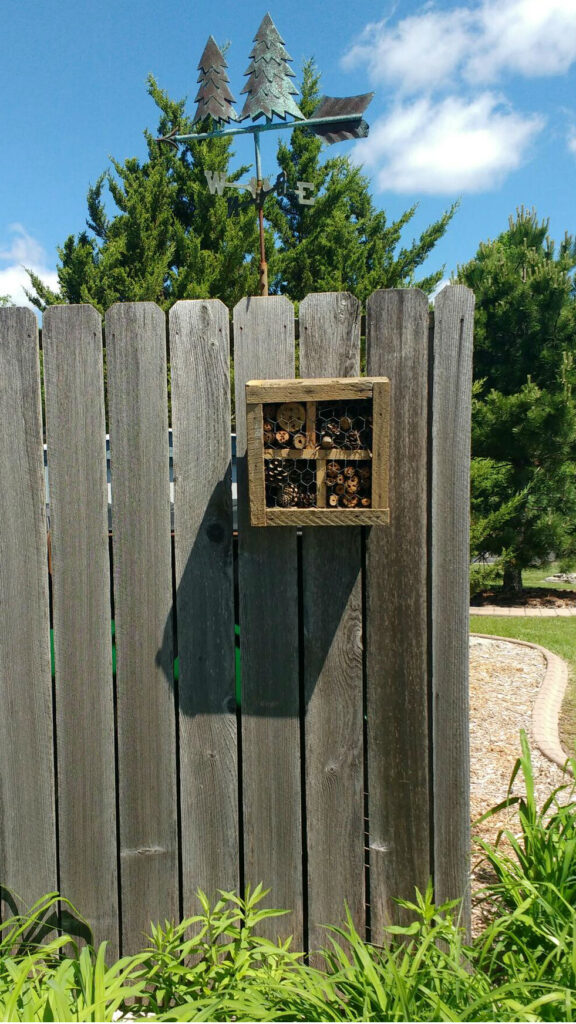How To Plant a Pollinator Garden
Dated: June 19, 2018
Pollinators have recently made the news because the rusty patched bumblebee was added to the endangered species list in late 2016, making it the first protected bee species in the continental U.S. Unfortunately, many other pollinator species are also listed as endangered.
Thankfully, there are ways you can promote pollinators at your own home. The simplest way is by providing garden spaces to break up the sea of buildings and lawn grass; even a planted window box will do! Pollinators appreciate gardens with native plants, constant blooming flowers, and landscapes with a steady supply of pollen and potential homes. Sunny spots are favorites of butterflies that love to bask, but your feathered friends may prefer trees and bushes that produce berries. You can find native species for your state at PlantNative.org.
For those who lack a green thumb, pollinator hotels are also a simple solution with great benefits. Designed to house a number of tiny “rooms,” these hotels allow solitary species like mason bees to find a place to live where they will remain undisturbed. You can find instructions online to build your own, or purchase one at your local garden store. Take note of the best place to install your hotel and remember to perform the proper upkeep annually.
If you’re aiming to start your own pollinator garden or install a pollinator hotel, make sure you also research your lawn care. Pesticides, insecticides, and pollution can harm your growing garden and its visitors. Similarly, aim to limit non-native species in your landscape that may spread and become invasive. Invasive plants overpower native species, making them unavailable to potential pollinators.
Watch the helpful video below and share it with your friends and family if you want to spread the word on beneficial pollinator gardens.
After you’re done planting your garden, come and see what we do at Evergreen Credit Union to help people and the planet! Call (920) 729-2999 or stop by to make your appointment today. Membership is open to everyone who lives or works in Outagamie, Waupaca, Waushara, Calumet, or Winnebago counties.



